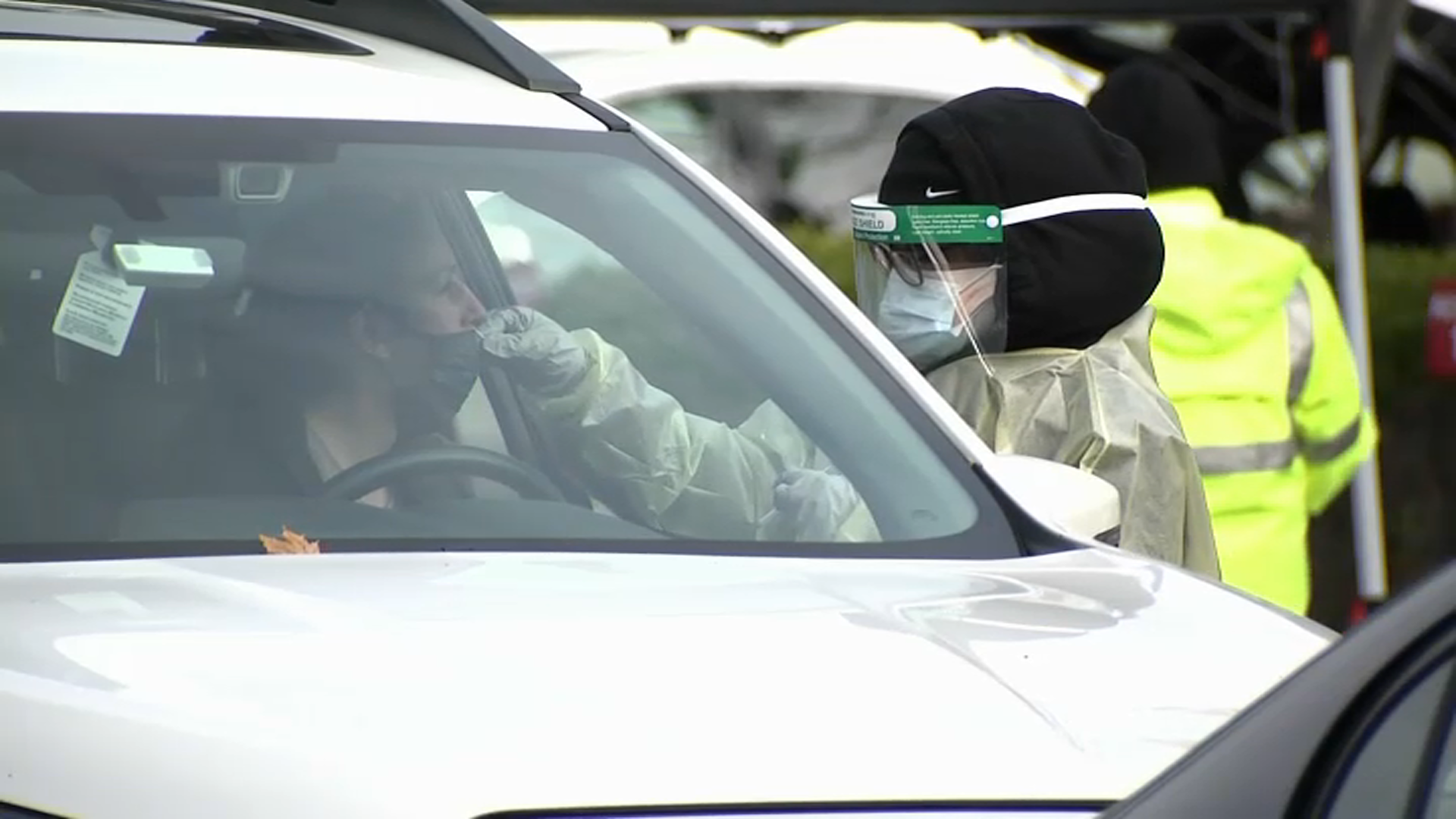The second floor window was Kerri Hurley's lifeline, her only chance to see her husband, Jamie, in the hospital at Beth Israel Deaconess in Plymouth, Massachusetts, earlier this year.
As he battled COVID-19, "I couldn't be with him, nobody could be with him," Hurley said.
She would sit there, watching, wishing she could be in the room by her husband's side. She couldn't. COVID protocols made that impossible.
Get Boston local news, weather forecasts, lifestyle and entertainment stories to your inbox. Sign up for NBC Boston’s newsletters.
But Dr. Ben Moor, an anesthesiologist at the hospital, could. He wasn't there as Jamie Hurley's doctor, rather as a volunteer of a new program he is piloting.
Faced with some time at the hospital, Moore had an idea: what if he got together volunteers, people who were working in the hospital who had already been vaccinated, and have them visit COVID patients who are alone in their rooms?
"Just our presence in the room has a value," Moor said.
The response has been nothing short of amazing, with more than 50 hospital staff already signing up.
"The people who have been on the front line of this whole crisis, what has it been 11 months? When there is an opportunity to do a little bit more for the patients, they step up," Moor said.
The program is "quite safe," Brigham and Women's Hospital infectious diseases Clinical Director Dr. Paul Sax told The Boston Globe, which first reported on Moor's program.
Jamie Hurley was discharged after five days and is home with family. But in those hard days, waiting in that parking lot, having Moor and this program was just the right medicine.
"I keep describing him as my hero and our guardian angel because he gave me a level of comfort no one else could give to me," Kerri Hurley said.



